This Week in History recalls memorable and decisive events and personalities of the past.
22nd March 1939 – Germany takes Memel from Lithuania
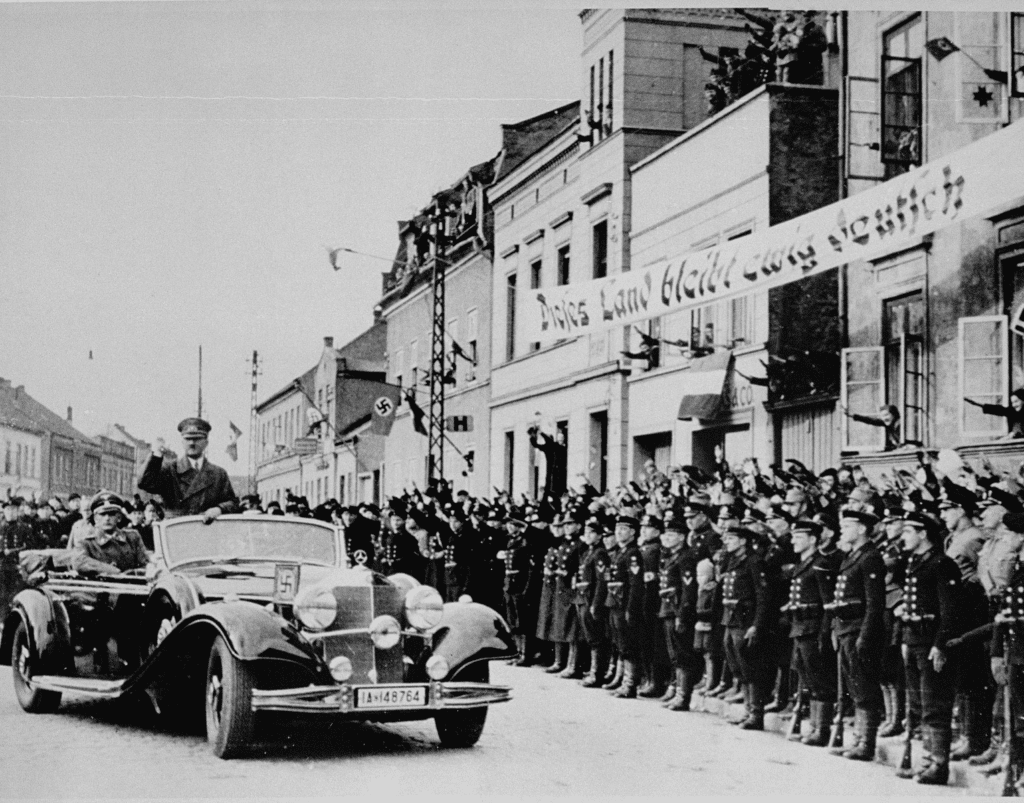
The 20th century was a time of both hope and horror for the people of Lithuania. After the partition of the Polish-Lithuanian Commonwealth in 1795 the majority of modern Lithuania was absorbed into the Russian Empire.
After a revolt against Russian rule in 1831, the Russian authorities began an aggressive policy of Russification, whereby Lithuanian, language, culture and identity were forcibly suppressed, as was Catholicism.
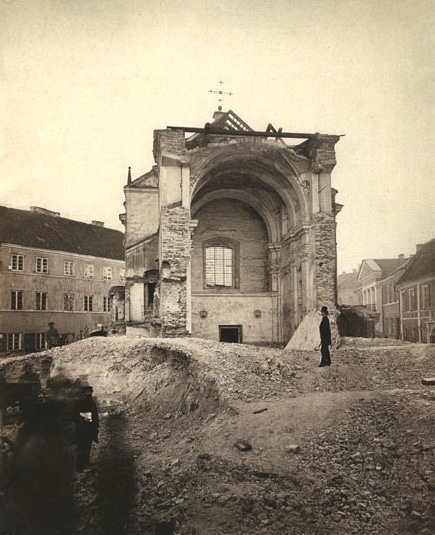
Schools were closed, public cultural celebrations were banned and from 1865 until 1904 all publications in the Lithuanian language were banned.
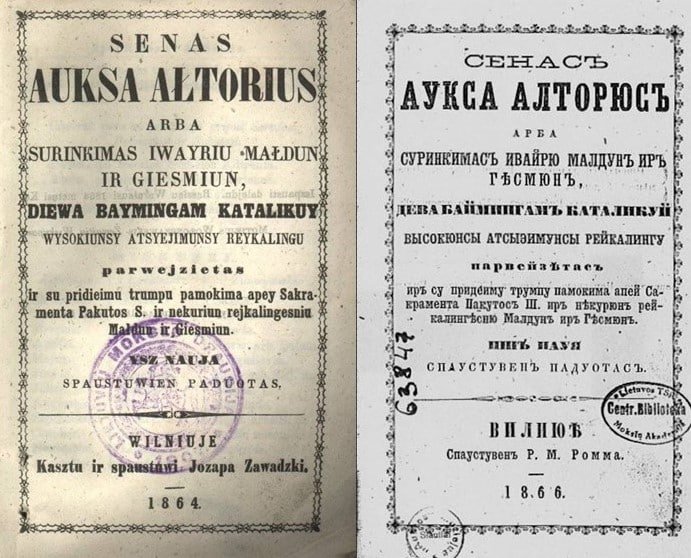
The Russification policies were largely ineffective as book smugglers and homeschooling allowed Lithuanians to keep their language and educational institutions alive underground. As a result, Lithuanian nationalism grew steadily during the 19th century.
In the early 20th century the Lithuanians successfully managed to end some of the discriminatory laws imposed by the Russian Empire and were given more political rights than they had enjoyed previously.
Everything would change during the First World War.
The defeats suffered by the Russian army at the hands of the Germans in 1914 and 1915 saw the Russian forces retreat far to the east, with the German army occupying the territory of Lithuania. The Germans cracked down on freedom of movement and began to implement policies which would Germanise the Lithuanian population.
Ultimately however the Germans would lose the war and withdraw from the territories they had occupied in the east. This would create a power vacuum, prompting the eruption of a number of chaotic conflicts.
With the Germans now gone, the new Soviet government sought to claim all of the territories of the former Russian Empire and attempted to enforce this with arms. However, they were facing rebellions by minority groups across the former empire, and attacks by the anti-communist forces.
In this chaotic climate, a Lithuanian government was formed on 16 February 1918, which declared an independent Lithuania with the city of Vilnius as its capital. This was a controversial decision, as Vilnius was majority Polish and Jewish at this time.
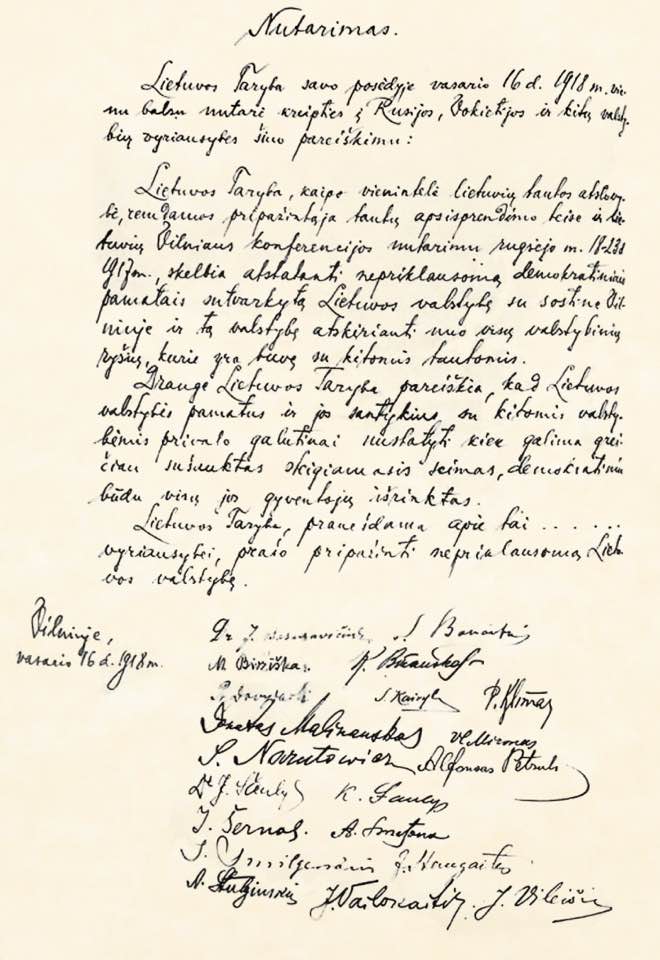
Between 1918 and 1920 this new state had to fight three wars to secure its independence: first with the Bolsheviks, then against a pro-German ‘West Russian Volunteer Army’, and finally against an invasion by the new Polish state. The Polish invasion was partially successful, annexing the Vilnius region into Poland.
Eventually Lithuania established its independence and was internationally recognised.
Part of this recognition was the awarding to Lithuania of the Klaipėda Region, also known as Memel, under the Treaty of Versailles. This area had been part of Prussia since the 1200s but the majority of its people were Lithuanian speakers, and it contained a major port which the treaty envisioned as the new primary port for the young Lithuanian nation.
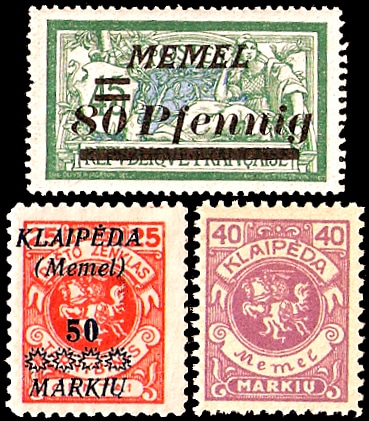
In 1924 the United Kingdom, France, Italy, and Japan signed the Klaipėda Convention which formally awarded the region to Lithuania as an autonomous region under Lithuania’s unconditional sovereignty.
In 1926 Lithuania suffered a military coup and was from then until 1940 governed by strongman Antanas Smetona.
Lithuania would again enter the global state in March of 1938 when, after a minor incident on the border, Poland issued an ultimatum to Lithuania demanding it establish diplomatic relations with Poland, something it had refused to do since the Polish invasion in 1920, and to give up its claims to the Vilnius region or face invasion. Small and weak, Lithuania decided to accept.
A government crisis ensued in Lithuania as many senior figures resigned in protest. Lithuanians feared that, copying the annexation of Austria by German, Poland may attempt to do the same to them next and resurrect the Polish-Lithuanian Commonwealth. However, Poland did not do so, declaring no further desire for Lithuanian territory.
Surprisingly this was actually the beginning of a thaw in Polish-Lithuanian relations, as both countries soon realised that the Germans and Soviets were a much greater threat.
Germany would make this clear when, on 22 March 1939, it demanded that Lithuania return the Klaipėda Region to Germany. Initially Lithuania hoped to appeal to the Klaipėda Convention, but all of its signatories were unwilling to help. The UK and France were pursing appeasement, and Italy and Japan were allied to Germany.
So it was that Lithuania accepted the ultimatum on 23 March 1939.
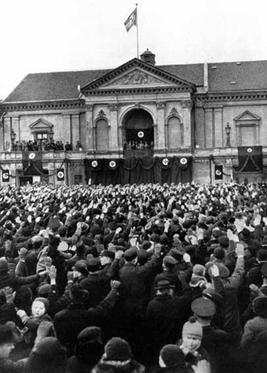
Unbeknownst to Lithuanians at the time, their territory was soon to be divided up by the Soviets and Germans, with the Soviets invading and occupying the territory in 1940. Lithuania would not be independent again until 1990.
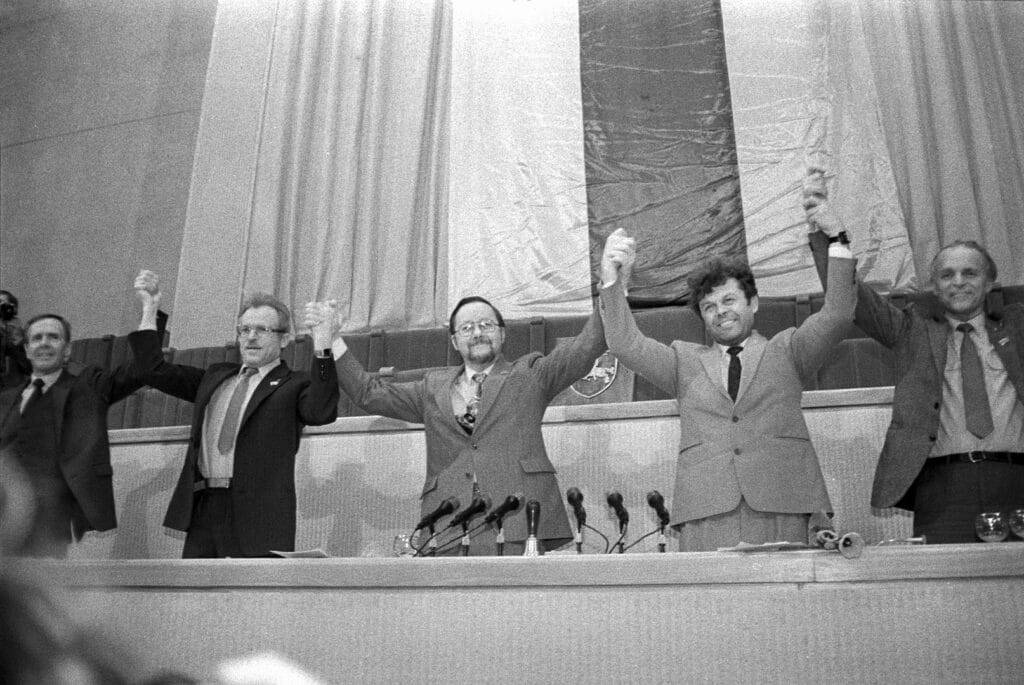
If you like what you have just read, support the Daily Friend

